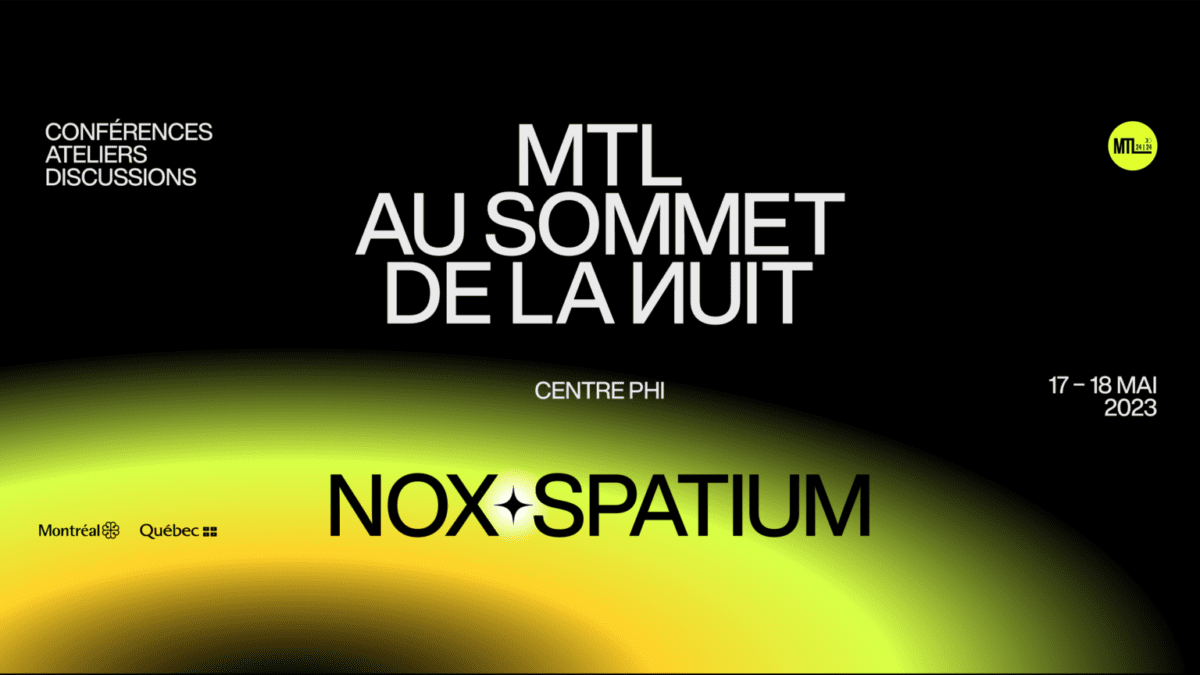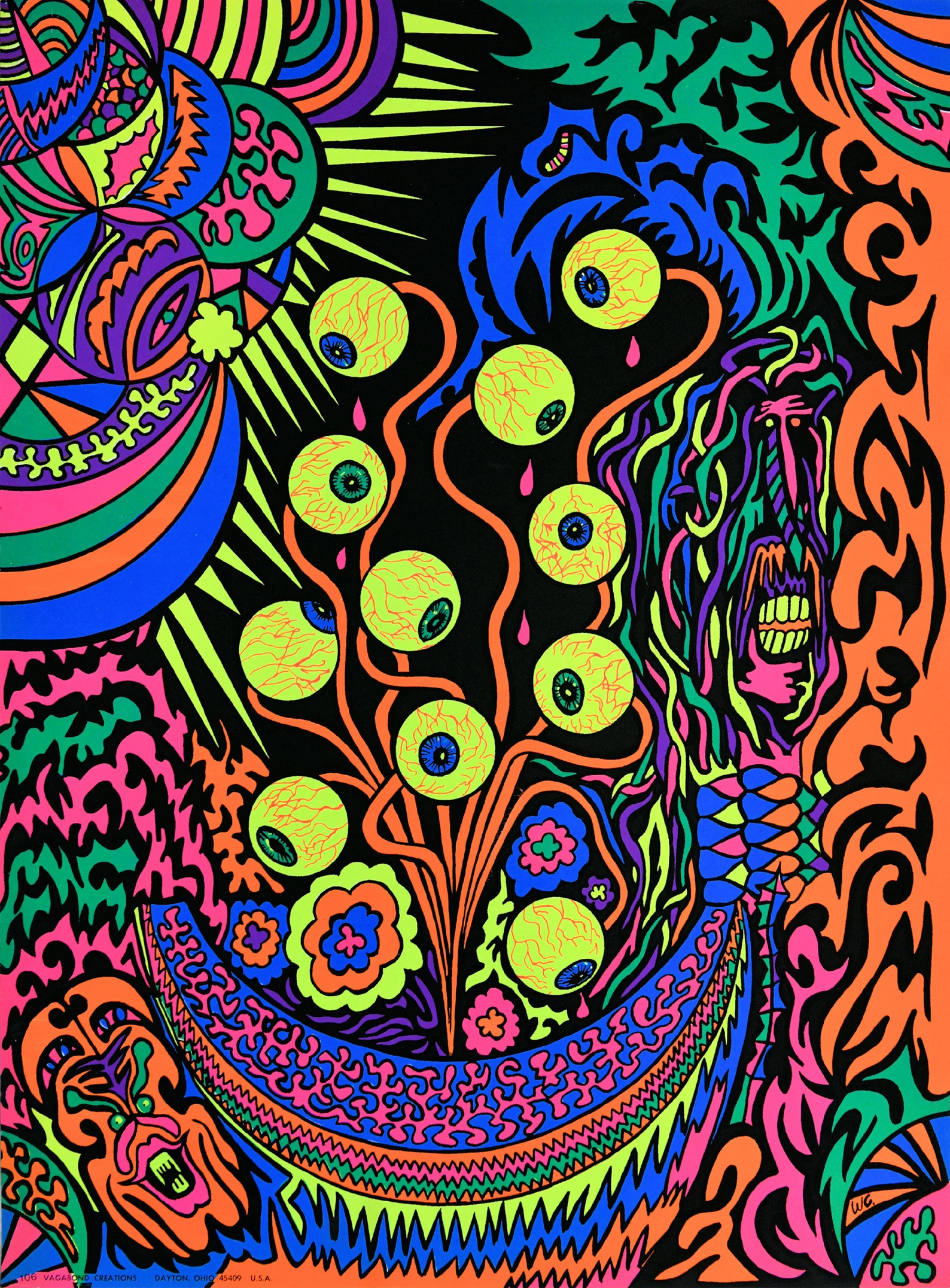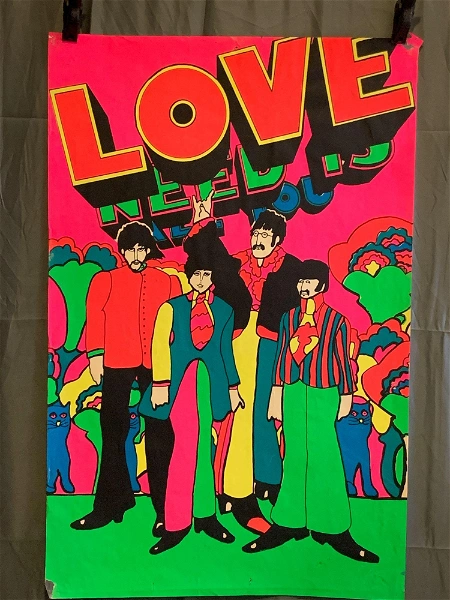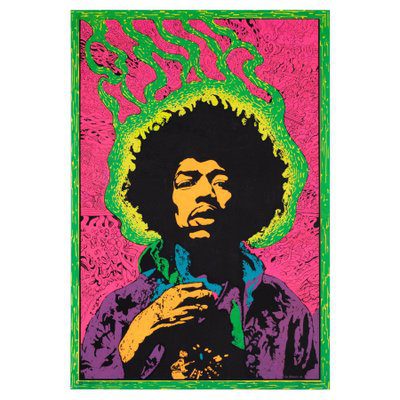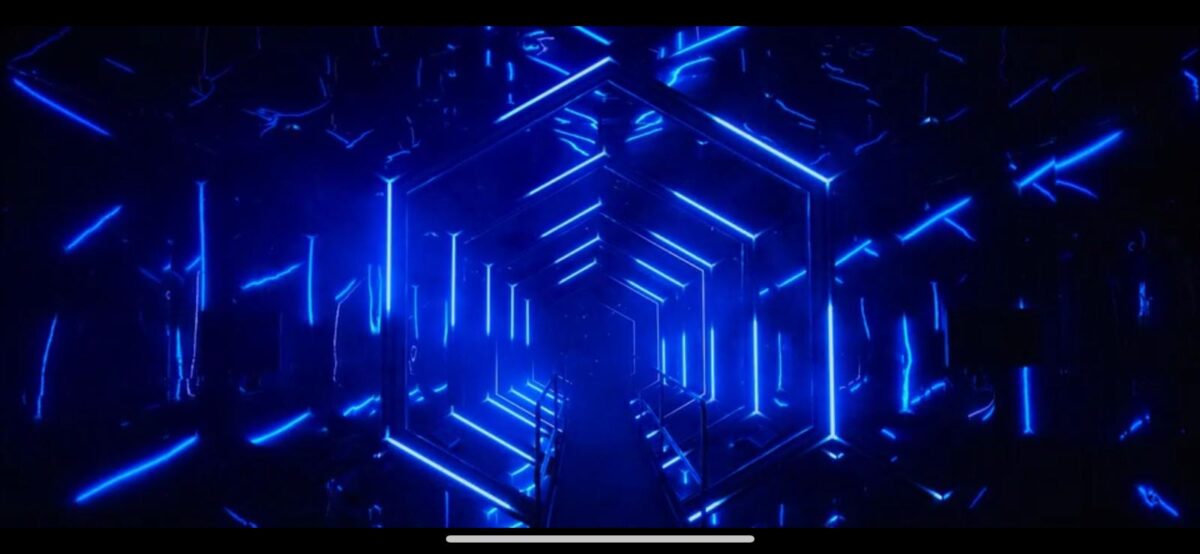Guitarist, improviser and composer, the British Fred Frith is an emblematic figure of the FIMAV, since he regularly performs there since the very beginning. Among the aesthetic leaders of the rock in opposition movement before changing continent, he was a member of mythical formations of the 70s, starting with Henry Cow. His career as an improviser then led him down several stylistic paths, as dozens of albums attest.
Fred Frith is back in a trio + 1 format, surrounded by Jason Hoopes, electric bass and Jordan Glenn, drums, who met in California a decade earlier while teaching at Mills College in Oakland, renowned for its propensity for contemporary and experimental music.
On the Intakt label, two albums testify to this complicity, cohesion and linguistic coherence. The opus entitled Road features saxophonist Lotte Anker and trumpeter Susane Santos Silva. Heike Liss, an internationally renowned visual artist and Fred Frith’s partner, gives this music a visual dimension that makes it a total work.
Fred Frith has lost none of his radicality and promptness, as evidenced by his answers to PAN M 360’s questions.
PAN M 360 : How would you describe the progression of this unit : yourself, Jordan Glenn and Jason Hoopes. Since a few years, you’ve recorded with them and others on Intakt Records.
FRED FRITH : We started playing together about ten years ago. At that time Jason was still playing upright bass, and we were exploring a quieter kind of trio improvisation. At a certain point he switched to the electric bass and it immediately propelled us in quite a different direction. I hear in Jason’s playing a similar relationship to the instrument as Scott LaFaro had with the double bass back in the day, an absolute fearlessness and especially a willingness to use the whole range of the instrument including the upper register. It takes us out of the traditional rock trio territory, and when you add a drummer of Jordan’s unique gifts I feel very excited every time we play, even in rehearsal!
PAN M 360: Since your retirement from Mills College, where are you based? Obviously you are still active and still creating new music.
FRED FRITH: I live in Santa Rosa, California, an hour North of San Francisco.
PAN M 360 : About your artistic link with the excellent Portuguese trumpet player Susanna Santos Silva? How did you meet her, and what have you accomplished together?
FRED FRITH: She participated in a workshop I co-directed with Mark Dresser in Lisbon back in 2011. It was obvious she was a huge talent and we stayed in touch. Since then she has been a part of several different projects of mine—as a soloist in a piece I wrote for the Hessisches Rundfunk Big Band,
in different trios with Chris Cutler and Lotte Anker and Sten Sandell, and more recently as a guest with the trio – our project with Susana and Heike has already toured on the East Coast of the US and in Brazil. Our duo performance at the Mé téo Festival in Mulhouse is now released as a CD on the Rogu’Art label in Paris.
PAN M 360: How has this music evolved since the 2021 recording? Was Lotte Anker supposed to be on that tour or it’s now a different project?
FRED FRITH: We have invited several different guests over the years, not only Susana and Lotte but also Jessica Lurie, Evelyn Davis and Ikue Mori for example. There is no « supposed »—it’s about challenging ourselves continuously. After the pandemic we experimented with notated music, and we may go back to that again, but right now we like working with ideas that don’t have to be written down!
PAN M 360 : What is the core of this ensemble’s quest?
FRED FRITH: Have fun and don’t waste your time…
PAN M 360 : Age doesn’t matter when we listen to your craft. How do you deal with your own playing and style after all those years?
FRED FRITH: Happy to hear that! Not sure what you mean. I don’t « deal with » my playing—I play! I try to stay in the present and be in the moment..
PAN M 360: Also your partner Heike Liss is involved as a visual artist in this tour. Can you give us some hints of her work in that context? And how do you see the blend with this ensemble’s music?
FRED FRITH: We have been collaborating on Drawing Sound for many years. There are two versions. For one Heike is projecting her video material and drawing over it on the computer while we play. For the other, she actually physically draws on, say, a window where we are performing. We’ll do this latter version, for example, in the San Francisco Exploratorium in September. It is not about making a « blend » —it’s about examining the relationship between what we see and what we hear. Since the visual has primacy for humans, it’s usually the case that sound is heard as an accompaniment to what we are experiencing visually. What happens if the opposite is true? Or is it possible to subvert that relationship, to question it spontaneously?
PAN M 360 : After 4 decades of music, you remain loyal with FIMAV. Now, where do you situate this festival on the world map of avant-garde and adventurous music?
FRED FRITH: FIMAV always had a soft spot in my heart because I was there at the very beginning, before the beginning actually. And I regard it as extraordinary that Michel has been able to sustain a festival of this degree of radicality and quality in such a relatively remote location. It requires a very special combination of passion for the music, dogged obstinacy in the face of administrative barriers, and the curiosity to seek out what he doesn’t know. And the ability to assemble and sustain a team to help realize his vision. There are precious few festivals like it. And loyalty is a two-way street!
PAN M 360 : Obviously, this approach was attracting young left field music lovers in the 80’s and the 90’s. And now? What is its audience around the world? Multi generational? Older?
FRED FRITH: That’s an odd question because it implies that there is one approach, or one kind of music, and the whole thing about FIMAV is how it has embraced such a diverse array of sonic approaches, far more than practically any other festival I could name. What makes it attractive is that you will hear things you don’t know and be introduced to fields of action you want to explore further. This is just as true now as it was then, and the audience for all of these kinds of music is absolutely multi-generational, even if a rather small demographic actually makes it to Victoriaville. In fact its influence reaches far beyond the location itself…
PAN M 360 : What will you say about Michel Levasseur, before his retirement? Among other artistic directors around the world, how do you see his own contribution?
FRED FRITH: Like so many others, Michel wanted to hear interesting new music and didn’t want to have to travel in order to do so. So he started the festival to allow that to happen. The fact that it’s still going is testament enough, no? Chapeau!
PAN M 360: In Tennessee, Big Ears festival artistic director once told me that FIMAV has been an early inspiration. How do you see the development of those festivals and recording labels during your career? Where are we now? FRED FRITH: FIMAV | Music Unlimited in Wels, Austria |Banlieues Bleues and Sons d’Hiver in Paris |Musique Action in Nancy |Other Minds in San Francisco | Taktlos and Unerhört in Zü rich. These and a few others are beacons of light and hope in my world. Without their support I would not be where I am.
FRED FRITH TRIO + SUSANA SANTOS SILVA PLAY AT CARRÉ 150, FRIDAY, 10 PM. INFOS & TICKETS HERE
